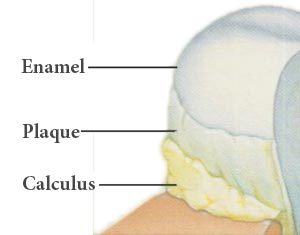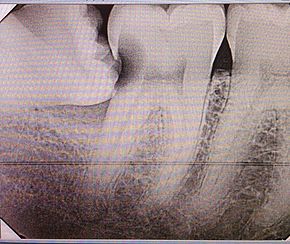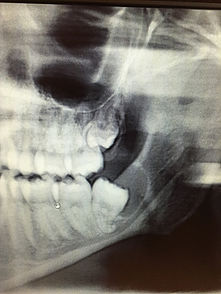Many people believe that plaque is hard to remove, and brush their teeth as hard as they can. However, this can erode your enamel and damage your gum line over time. Here are some signs that you are being too rough on your teeth when you brush.
A Frayed Toothbrush
If your toothbrush looks flat and damaged, with bristles that are split or frayed out, you are probably brushing too vigorously. You can minimize the damage by purchasing an electric toothbrush with a pressure sensor that lights up or stops if you brush too hard. Some electric toothbrushes also come with a 2-minute timer so that you do not brush for too long.
Receding or Bleeding Gums
Bleeding gums are usually a sign of gingivitis, caused by a lack of brushing, but bleeding and receding gums can indicate you are damaging your gum tissue from over-brushing. Gum recession exposes your teeth to infection and decay, so it’s not just a cosmetic issue, but something that needs to be fixed to preserve your overall health. If you suspect your gums are receding, run a finger over your teeth. If you can feel notches or gaps where your gumline used to be, schedule an appointment with a dentist.
Sensitive Teeth
When you over-brush, you wear down the hard enamel protecting your teeth, exposing the sensitive dentin beneath. The more enamel you lose, the more sensitive your teeth will be to hot, cold, and carbonated items, as well as brushing. To preserve the health of your enamel, brush gently, remineralize with fluoride, and avoid toothpastes containing abrasive substances like activated charcoal.
Dull or Yellow Teeth
Yellow teeth can be a result of staining from coffee, wine, and other acidic beverages, but it can also be caused when the white enamel erodes, exposing the naturally yellow dentin beneath. If your teeth are sensitive and seem to have a yellow sheen, you may be brushing too hard or too often.
Protect Your Teeth – Schedule an Appointment with a Dentist in Apex
If you think you are experiencing one or more of the symptoms listed above, make sure to schedule an appointment with a dentist in Apex. At Hansen Dentistry, we will do our best to make you feel relaxed and at home while receiving expert dental care. To schedule an appointment, click here.





